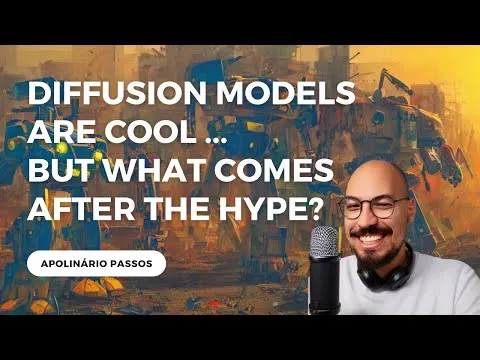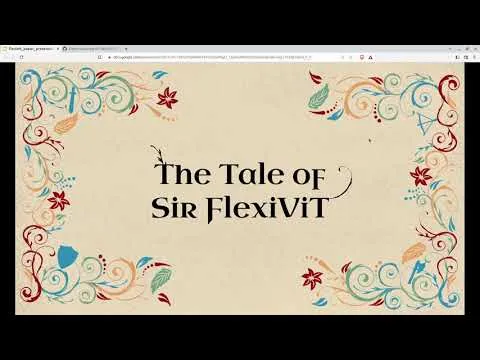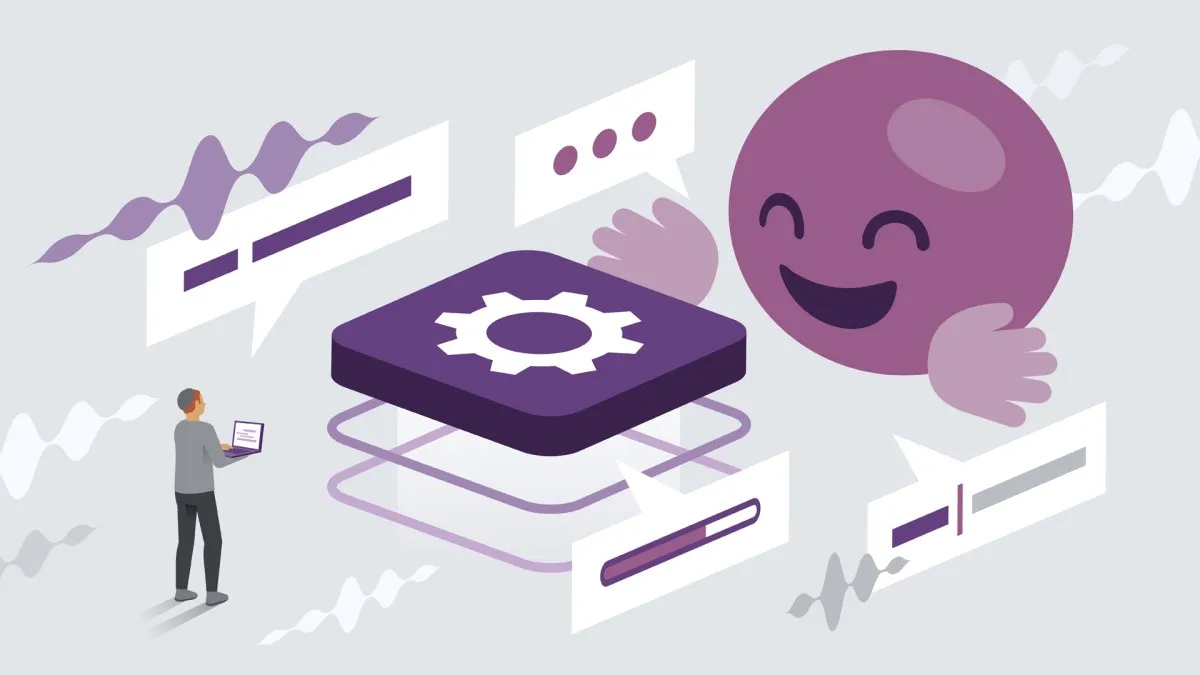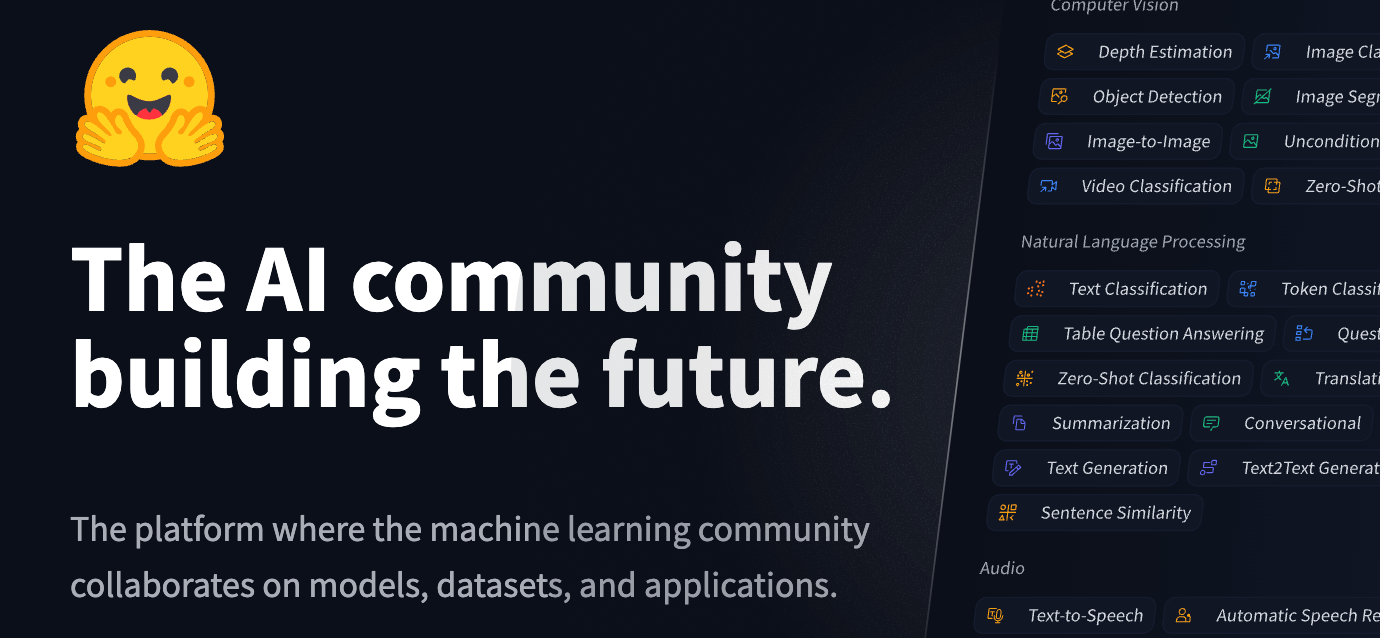Which is The Best Way to Learn Hugging Face: Tutorials vs Videos vs Books

In the process of comparing different ways of learning hugging face, we can clearly draw the conclusion: hugging face's official resources are the best way to learn, because hugging face not only provides detailed introduction tutorials, but also provides learning self-tests and completion Post-study certificate, ideal for beginners. Secondly, there is the Youtube platform. This well-known video platform brings together many smart experts, and they generously share some of their own ideas and opinions. If you have a certain understanding of hugging face, you can go and check out the Youtube platform. Some YouTubers shared their ideas to inspire their own use.
The Best Ways to Learn Hugging Face
Official Hugging Face Resources
When it comes to learning Hugging Face, the official resources stand out as the best option. Here's why:
Detailed Introduction Tutorials: Official Site provides comprehensive tutorials that walk you through the fundamentals of NLP and deep learning using their platform.
Learning Self-Tests: If you want to get the certificate, you will have to pass 3 out of 4 hands-on assignments, and this will test your knowledge and reinforce your understanding.
Completion Post-Study Certificate: Earn a certificate upon completion, showcasing your proficiency in Hugging Face's tools and models.
The official resources are the perfect way for beginners.
YouTube Platform
For those who prefer video-based learning, YouTube is a treasure trove of Hugging Face insights. It is also a good way for Hugging Face advanced learning:
SavvyNik: Check out SavvyNik's YouTube channel for tutorials and in-depth explorations of Hugging Face and its resources.
HuggingFace (Official): The official HuggingFace YouTube channel also offers its content in video version on YouTube, which are tailored for beginners.
CrashCourse: While not exclusively focused on Hugging Face, CrashCourse features relevant information on Hugging Face's AI models.
Best Books for Learning Hugging Face
Everyone's preferred learning style will be different. I believe that some users would prefer to read the text in books carefully, understand some basic concepts, and achieve the results they want after mastering the principles. For example, I am one A loyal lover of words, of course I also like to learn and improve my personal abilities by watching videos. However, the purpose of writing this article is to recommend some of the best books for learning hugging face. If you're a lover of words and prefer the depth of written knowledge, consider these recommended books:
Natural Language Processing with Transformers, Revised Edition: I found this book from github, which is another amazing online platform for learning, and this book delves into the transformative power of transformers in NLP. It covers various models and datasets associated with Hugging Face.

Transformers for Natural Language Processing: Build Innovative Deep Neural Network Architectures for NLP with Python, PyTorch, TensorFlow, BERT, RoBERTa, and More: This is the second book which I found in github, it provides insights into building, training, and fine-tuning deep neural network architectures for NLP using Hugging Face and other tools.

Getting Started with Google BERT: Build and Train State-of-the-art Natural Language Processing Models Using BERT: While not exclusively about Hugging Face, this book covers the BERT model, which is commonly used with Hugging Face's libraries.

Other Ways to Learn Hugging Face
How to Access Hugging Face Learning Tutorials in one Step?
If you find it troublesome to compare courses, we recommend that you check out the Free Hugging Face Courses List we have compiled for users. This list basically covers official free courses from YouTube and Hugging Face, as well as a small number of high-quality Linkedin Learning online courses (which may require payment , but certificates are provided), you can save time comparing courses and find the courses you are interested in in our list, as well as related categories, such as machine learning, etc.











